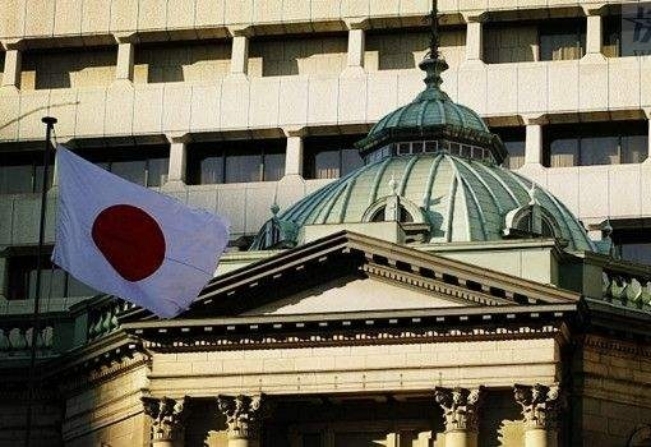
In the latest meeting minutes released by the Bank of Japan, a member bluntly pointed out: "Due to the impact of US tariffs, the Japanese economy may temporarily come to a standstill." This statement reveals the reality that while the Japanese economy is struggling to recover, it is also facing external shocks.
The minutes show that there are obvious differences within the central bank regarding the direction of monetary policy. Some members advocate maintaining loose policies to support demand. Another part believes that the inflation level and wage growth are sufficient to support interest rate hikes. Behind the differences lies Japan's difficult balance among controlling inflation, stabilizing the exchange rate and supporting growth.
The Japanese economy is highly dependent on exports, and thus US tariffs have become a key variable. Although the United States and Japan have adjusted the "bilateral tariff" to 15%, the impact is still very obvious. According to data from the Ministry of Finance, Japan's exports to the United States dropped by 10.2% from April to September 2025, with the automotive industry, which holds a core position in exports, declining by 22.7%. This directly drags down the overall manufacturing industry's prosperity. The S&P Global Manufacturing PMI has remained below 50 for two consecutive months. Teikoku Digital Bank estimates that tariffs will lead to a 0.4% decline in Japan's full-year GDP and a 1.3% reduction in exports.
Meanwhile, Japan is under the dual pressure of imported inflation and the depreciation of the yen. The consumer price index has exceeded 2% for three consecutive years, but the policy interest rate remains at only 0.5%. The widening interest rate gap between Japan and the United States has led to the yen depreciating from 114 to around 152 since 2022. Although devaluation has enhanced the competitiveness of exports, Japan's reliance on imported energy and food has led to a rapid increase in costs being passed on to the domestic market, intensifying inflation, squeezing residents' real income and suppressing consumer demand. It has formed a double squeeze of "external demand being suppressed and domestic demand weakening".
The changes in the political situation have further intensified uncertainty. After taking office in Kaohsiung, Saori Hayashi formed a new coalition government with the Reform Society. Her economic proposition continued the "Abenomics", leaning towards loose and proactive fiscal policies, and even indicated that the issuance of national debt could be expanded if necessary. However, the balance of Japan's ordinary government bonds has reached 1,129 trillion yen, accounting for approximately 240% of its GDP. The fiscal operational space is very limited, and market concerns over fiscal sustainability are constantly rising.
Against this backdrop, the Bank of Japan has adopted a compromise strategy of "stabilizing interest rates + reducing assets" : maintaining the policy interest rate at 0.5% unchanged while initiating an average annual reduction plan of approximately 33.5 billion yen for ETFs and J-REits to gradually exit unconventional policies. Some studies suggest that if Japan could achieve a 4% nominal investment growth, it would drive a 1.7% increase in real GDP and enhance labor productivity. However, under structural constraints such as the intensification of global trade frictions, the aging of the domestic population and the lack of industrial vitality, this goal is facing numerous obstacles.
It is worth noting that despite the obvious pressure shown by trade data and industrial indicators, some members within the central bank still stated that "the impact of tariffs is less than expected and will not derail the economy." This attitude contrasts with the shrinking data, reflecting a certain delayed policy response and "hopeful judgment".
The Japanese economy is now at a new juncture: if it exits the easing policy too early, it may curb the recovery. If ultra-loose policies continue to be maintained, inflation and exchange rate risks may further deteriorate. It remains to be seen whether the central bank's "paper shield" can withstand the "sharp sword" of tariffs and external pressure. As one member of the minutes put it, "It is never too late to focus on hard data when advancing the normalization of interest rates." This sentence might precisely be the most important reminder to the current decision-making level.

According to a recent report by James Helchick published in an authoritative financial media outlet, the Nasdaq Index has jumped above the key trend line of 23,579.10 points, aiming for the historical high of 24,019.99 points.
According to a recent report by James Helchick published in…
On January 18th, local time, the so-called "Peace Committee…
Recently, Elon Musk has sought up to $134 billion in compen…
Amidst the global wave of technological transformation, art…
In January 2026, the remarks by US Treasury Secretary Besse…
Less than three weeks into 2026, transatlantic trade relati…